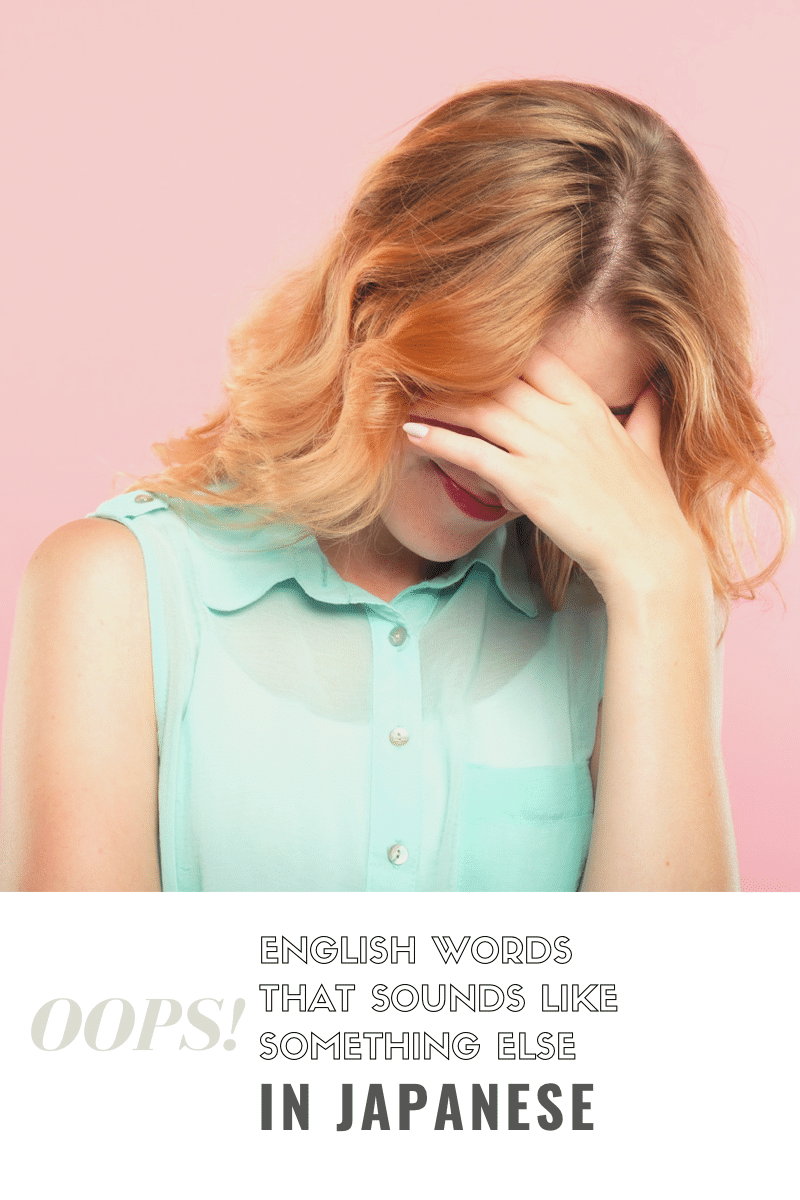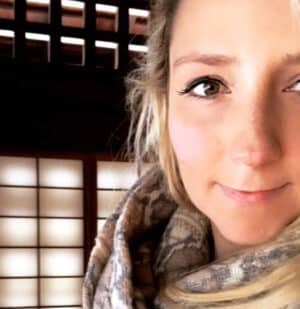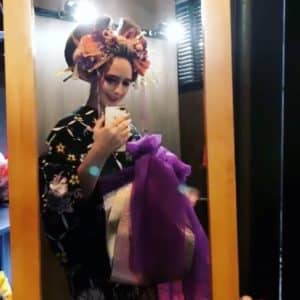
I recently wrote a post on English-derived / English-sounding words that don’t mean what you think they mean… but what about the other way around?
What about an English word or sound that you use but too native Japanese ears, sounds just like a completely different word entirely?
I’ve made so many “mistakes” where I’m the only foreigner and can’t get my brain around why suddenly everyone in my group has a nervous giggle… or worse… stone cold silence.
Allow me to share my discoveries and moments of cringe as a new Japanese speaker….
BOING BOING
When I was in my early twenties I worked at a English-only pre-school in the mornings and went to Japanese language school at night. I’m from Australia so I came armed with CDs and videos from my childhood on the Aussie ABC. Many of them, of course, containing songs about koalas and kangaroos. And, as you know, the onomatepia for a jumping kangaroo in English is “boing boing” ( like a pogo-stick too) but the kids and other teachers suddenly were giggling and covering their mouths. Boing Boing is, apparently, the way giant heaving bosoms are described in Japan ( mostly for anime, but still…)
So .. now you know …..
BIMBO
Although this word is more nineties than anything else it’s actually handy to remember that the word “bimbo” translates to “poor” ( as in, no money.)
Be careful though as I’ve only really used it in a self-depricating, joke-y manner and most definitely not in a formal setting.
GYM ( Japanese pronunciation “jimu”)
I wrote about this in my post on Borrowed English Words but I think this one also belongs here.
Okay.. I need to share my own embarrassing story here. In my early 20s, I was out at karaoke in Osaka with a giant group of friends. One of the girls was in a small group of us walking to a station at the end and in a lovely quiet lull in conversation I asked her what she did for work. She responded that she did “jimu” work. To which I responded “Oh that’s why you are so fit and healthy!” and everyone was suddenly dead silent.
It’s not until a few minutes later, to everyone’s delight, I thought that “jimu“meant “gym” … as in… she worked in a sports club…
Nope. Not what she meant at all.
The “jimu” (事務)she was referring to means “administrative or office work.”
So .. yes… let my story save you the embarrassment in the same manner.
PSYCHO
Psycho sounds like saiko which is a word that describes “the maximum” “the height of ( something), ” the ultimate.” I don’t think it would cause anyone to laugh at you because it may cause confusion. It would be used like ( very casual Japanese) “Kyo wa saiko!” -> “Today is awesome !!”
RAMBO
This is actually a really easy way to remember this word. The word “Rambo” ( well actually pronounced more like “ranbou”) in Japanese, means to behave violently or roughly.
MORNING
I remember going to a cute but old school kissaten Japanese cafe (think those dark wood tables and walls, and assortment of paper and crotchet doilies and often the wax food in the window – almost always including a fake “melon soda” that looks like those melted crystal craft sets I played with in primary school) with some colleagues once.
*For the record, I love these old school cafes. They feel a bit like you’re inside an old English house replica in a museum.*
It came time to order and the woman to my left told me we’ll just all order the “morning.”
Understandably, I was confused.
It was .. the morning… it was time to eat my breakfast in the morning.
But I was also intrigued and was delighted to discover that a “morning” meant a simple morning meal set ( so reasonably priced that I honestly doubt I could make a cheaper breakfast at home) that included a fried egg, a piece of toast, a soup and drink for around 500 yen.
Sometimes this is also called a “morning set” or “morning service” ( which I still struggle with most as I expect someone to be talking about early morning church sessions.
Anyway, “morning”s are a really affordable way to enjoy a simple, old school breakfast…. that just isn’t called “breakfast.”
*Also, “Morning Call” = wakeup call ( in a hotel.)
Oh and one extra tip: this word is kind of different but the word “hair” sounds very similar to the word “hea“which means room ( as is often used to refer to a room or an apartment – you wouldn’t say I’m going back to my house or my apartment … in Japanese you say that you’re going back to your “room”.



